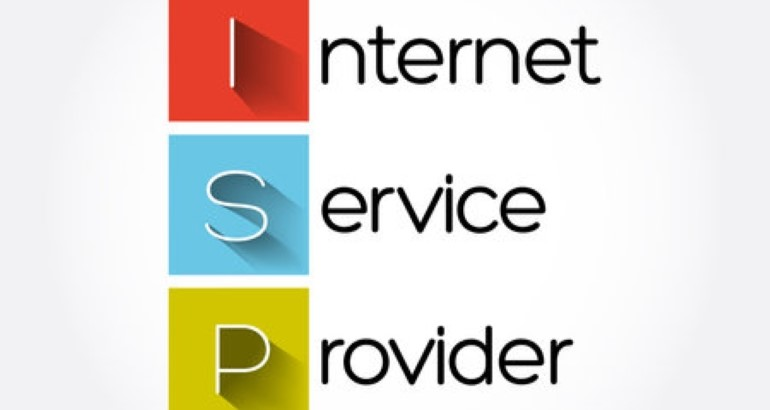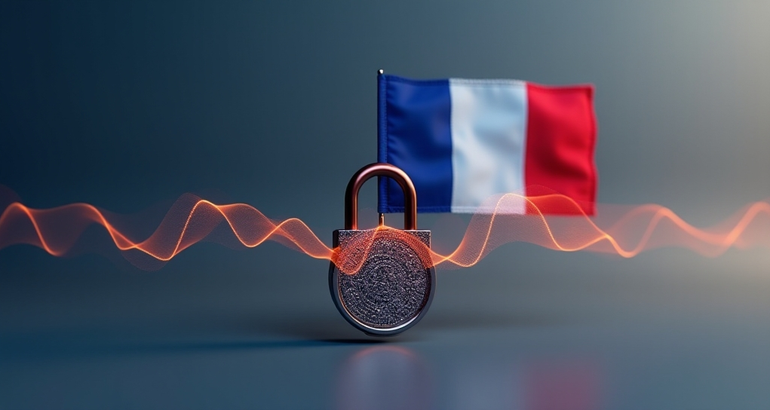Does the ISP know that I am using VPN?

- Online threats
- Privacy





Overview
When we go online every day, our Internet Service Providers (ISPs) play an essential role. They are responsible for connecting our devices to the internet, allowing us to browse websites, send emails, watch videos, play games, and more. But did you know that ISPs can monitor and track your online activities? What data can they collect, and how do they use this data?
Contents
ISP Monitors and Tracks Your Online Activities
Purposes of ISP Monitoring and Tracking
What Is a VPN, and What Data Can It Hide from ISPs?
Can ISPs See That I'm Using a VPN?
How to Prevent ISPs from Tracking You?
ISP Monitors and Tracks Your Online Activities
① Your IP address
This is the unique identifier for your device on the internet and can reveal your approximate location, as well as the websites and applications you've accessed.
② Your traffic type
This refers to the network protocols you're using, such as HTTP, HTTPS, FTP, and more. Different protocols have varying levels of security and efficiency, and ISPs can optimize or throttle your network speed based on this information.
③ Your traffic content
This includes the specific data you send and receive, such as webpage content, email text, file attachments, chat messages, etc. If you're using non-encrypted protocols like HTTP, ISPs can read your traffic content entirely and analyze or store it.
④ Your traffic behavior
This refers to your internet usage habits and preferences, such as the types of websites you visit, the categories of applications you use, the times you're online, and more. ISPs can use this information to infer your interests and needs and deliver targeted advertisements or services.
Purposes of ISP Monitoring and Tracking
① Providing Network Services
ISPs need to collect some data to maintain and improve network quality and security, such as preventing network attacks, resolving issues, and optimizing routing.
② Compliance with Laws and Regulations
ISPs must comply with the laws and regulations of their respective countries or regions. This may involve retaining user data for a specific period and cooperating with government authorities when necessary, such as in copyright protection, crime prevention, or regulatory compliance.
③ Marketing and Business Interests
ISPs can use the data collected from users for market analysis and business decisions, such as pricing strategies, product development, and competitive advantages. Additionally, ISPs may sell user data to third-party entities, such as advertisers, researchers, or even malicious actors like hackers.
What Is a VPN, and What Data Can It Hide from ISPs?
A VPN, or Virtual Private Network, is a technology that encrypts and anonymizes your internet connection. When you use a VPN, your device establishes a secure tunnel to a remote server, and your internet traffic is routed through that server. This hides your real IP address and location, while encrypting your data to prevent ISP or third-party snooping or tampering.
With a VPN, you can hide the following data from your ISP:
① Websites and Applications You Visit
ISPs can only see that you're connected to a VPN server but can't determine which specific websites or apps you're accessing.
② Content You Send and Receive
ISPs can't decrypt your internet traffic, so they can't see the content of what you're sending and receiving, such as emails, chats, files, videos, etc.
③ Your Internet Activity Time and Frequency
ISPs can't discern whether you're browsing webpages, watching videos, playing games, or downloading files based on your activity time and frequency.
Can ISPs See That I'm Using a VPN?
The answer is sometimes yes and sometimes no. It depends on the type of VPN you're using and the detection capabilities of your ISP.
In general, a VPN encrypts your internet traffic, which means ISPs can't see the specific websites, applications, or content you access. However, ISPs can still see your IP address, connection time, data volume, and the IP address of the VPN server. This information can be used to deduce whether you're using a VPN and what you might be doing.
To avoid ISP detection, some VPNs offer a feature called "obfuscation," which can disguise VPN traffic as regular HTTPS traffic. HTTPS is a common encryption protocol used to protect communication between websites and users. Since HTTPS traffic is prevalent, ISPs usually don't interfere with or scrutinize it. Using a VPN with obfuscation can help you use a VPN more discreetly without drawing your ISP's attention.
How to Prevent ISPs from Tracking You?
If you want to protect your online privacy and prevent ISPs from viewing and recording your activities, you need to use a VPN. A VPN is an encryption technology that establishes a secure tunnel between your device and the internet, rendering your data invisible to ISPs. With a VPN, ISPs can only see that you're connected to a VPN server, but they can't determine which websites you're visiting, files you're downloading, or messages you're sending.
Why Choose MetroVPN?
If you want to safeguard your online privacy and prevent ISPs from snooping on your data, you need a reliable VPN service. However, not all VPNs are the same, and some may leak your IP address, log your traffic, or provide slow connections. Therefore, you need a high-quality VPN like MetroVPN .
MetroVPN is a professional VPN service provider known for the following advantages:
① Global Servers
MetroVPN has over 6,500 servers distributed worldwide, allowing you to choose the location that suits you best for fast internet speeds.
② Encrypts Network Activity
MetroVPN ensures that all your internet traffic is encrypted, providing a secure and private connection while browsing websites.
③ Strict No-Logs Policy
MetroVPN doesn't record or store any of your personal information or online activities, allowing you to use it with complete peace of mind.
④ Multi-Platform Support
MetroVPN supports Windows, Mac, Android, iOS, allowing you to use it on various devices.
⑤ 30-Day Money-Back Guarantee
MetroVPN offers a risk-free trial period with a 30-day refund guarantee, ensuring you can try their service with confidence.






